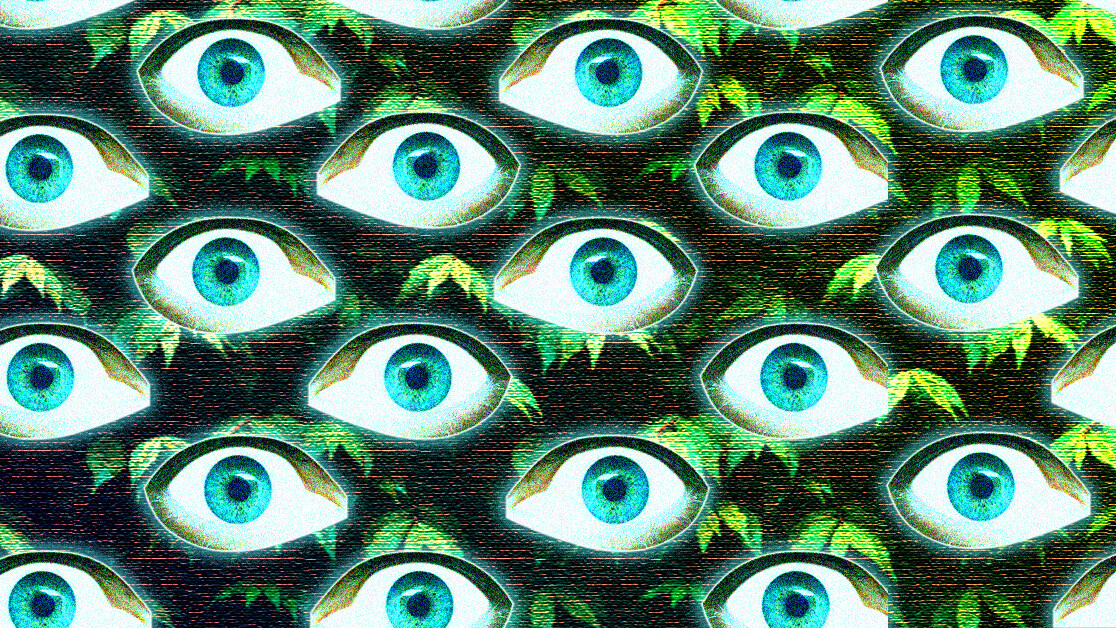
Writing for Aeon last week, Martin Parker, a professor of organization studies at the University of Bristol in the UK, relayed the origins of the word “management”, explaining:
It is derived from the Italian mano, meaning hand, and it’s expansion into maneggiare, the activity of handling and training a horse carried out in a maneggio – a riding school. From this form of manual control, the word has expanded into a general activity of training and handling people. It is a word that originates with ideas of control, of a docile or wilful creature that must be subordinated to the instructions of the master.
Though we might prefer to believe that its meaning has evolved since then to convey something more respectful and collaborative, it is still the case that workplace leaders and managers have mastery over their staff. Promotions, opportunities, hirings and firings — all life-altering events — are subject to their authority.
It is a mighty responsibility, and abuse of managerial power can have devastating consequences.
During the pandemic, the relationship between workers and their seniors has evolved in unexpected ways. Managers are having to trust more, and ultimately accept that they have less of a window into how employees spend the day. For lots of companies this has been going surprisingly well, and Facebook, often seen as something of a pace-setter when it comes to employee flexibility, announced that their staff would be given the option of working from home permanently once lockdown lifts.
Given this, you would be forgiven for thinking that the outbreak has seen companies forge new bonds of faith with their workers, and that this is an unexpected silver lining to the chaos wrought by COVID-19. But calmer seas can hide dangerous currents, and just as businesses appear to take a more relaxed attitude to home working, scores of them have been enthusiastically implementing surveillance software to ensure that every click, every break, every lapse in attention is observed, collected, and used as evidence of worker efficiency.
The MIT Technology Review gave an overview of some of the snooping programs are looking for:
“Hubstaff is software that records users’ keyboard strokes, mouse movements, and the websites that they visit. Time Doctor goes further, taking videos of users’ screens. It can also take a picture via webcam every 10 minutes to check that employees are at their computer. And Isaak, a tool made by UK firm Status Today, monitors interactions between employees to identify who collaborates more, combining this data with information from personnel files to identify individuals who are ‘change-makers.’
Now, one firm wants to take things even further. It is developing machine-learning software to measure how quickly employees complete different tasks and suggest ways to speed them up.
The tool also gives each person a productivity score, which managers can use to identify those employees who are most worth retaining—and those who are not.”
Unsurprisingly, people find this clandestine data collection unsettling and, frankly, sinister. It reveals the veneer of trust to be exactly that. But there are lots of reasons we should be resistant to workplace surveillance tech. Here are just four.
Values
Who decides what optimal performance looks like? Which data emissions should hold the most weight when it comes to evaluating an employee’s prospects? When we’re talking about screen-time or interactions with colleagues, these questions do not have clear and unambiguous answers.
We might suppose that spending a lot of time at one’s workstation is a good thing, but clearly there are implications for mental and physical health when staff are incentivized to work extended hours. Similarly, messages and conversations with colleagues might be indicative of collaboration, but at what point does this tip over into over-reliance and an inability to work independently?
If these questions even have provable answers, even if teams of psychologists and behavioral experts have been employed in research to support the classification of these signals, we still don’t know who they are.
Those who determine what counts lurk in the shadows and avoid accountability for the decisions their software prompts and the faraway lives they may change.
Chilling effect
We know that being watched changes our behavior , and these programs are specifically designed for unbroken and penetrating surveillance. Speaking to the MIT Technology Review, the CEO of Enaible, Tommy Weir is unabashed about this:
Imagine you’re managing somebody and you could stand and watch them all day long, and give them recommendations on how to do their job better. That’s what we’re trying to do. That’s what we’ve built
Except of course, this would never happen in real-life — it would be considered utterly oppressive — and we can only imagine what kind of stifling impact it would have.
We can reasonably speculate that once workers become aware of this constant critical observation they will adapt their habits, perhaps in unhealthy ways. A climate of nervousness feels inevitable, and employees may choose to shun personal messages, breaks, snacks, exercise, light chit chat, and any other opportunities for respite that punctuate working days and make them more tolerable.
Productivity myth
Lots of enterprise technology makes claims about boosting productivity, but we should examine these with some skepticism. When we’re dealing with humans and not machines, what does 100% productivity even look like? Is it possible to produce maximum output every hour of the working day? If it were possible would it be desirable?
No matter the role and the level of concentration required, it remains the case that we need periods of downtime throughout the day. They are restorative. To create an environment where moving more slowly becomes equivalent to “slacking” is to create a very toxic environment indeed. Moreover, it may even be sabotaging for the businesses in the long-run.
Dehumanizing
When working remotely, it can be easy to forget that there is a human-being behind each email address. Depending on the type of work, employees can become synonymous with — and indistinguishable from — their quantifiable output. This surveillance software further reduces workers to the sum of their data in a way that is undeniably dehumanizing.
Moreover, it is important to recognize precisely who these tools will largely be weaponized against. We’re not talking about lawyers, physicians, high ranking executives, and consultants. This software is for the aggressive surveillance of junior and low wage workers. It undercuts the humanity of those who are desperate to remain in work or to progress in their careers. These people are the most likely to willingly overwork themselves to avoid getting fired or overlooked for promotion or replaced by a robot.
On some level, mass deployment of these programs could be reinterpreted as a kind of abuse or exploitation of the most vulnerable sections of the workforce.
Some of this may sound a little dramatic, and one might argue that we’re still in “early days”, but intrusive employee surveillance systems like this are not new. In geographies like China where this software is more widely used, there are already signs of how much more invasive it could become.
Martin Parker notes that recently, “that sense of managing as the art of ‘organizing’ to cope with challenges is largely obscured by the idea of the manager as someone who helps to create financial value for organizations.” This expectation explains why these tools are becoming a popular crutch for pseudo-strategicdecision-making. But in this time of uncertainty we should retreat to our human sensibilities, and avoid persecuting employees in their own homes just to squeeze a few more dollars of value from them.
If we don’t, though we may cultivate legions of productive and docile subordinates to execute repetitive tasks, we will undoubtedly lose the innovation and creativity that comes from being given the time and space to reflect.
This article was originally published on You The Data by Fiona J McEvoy. She’s a tech ethics researcher and the founder of YouTheData.com.
Get the TNW newsletter
Get the most important tech news in your inbox each week.





